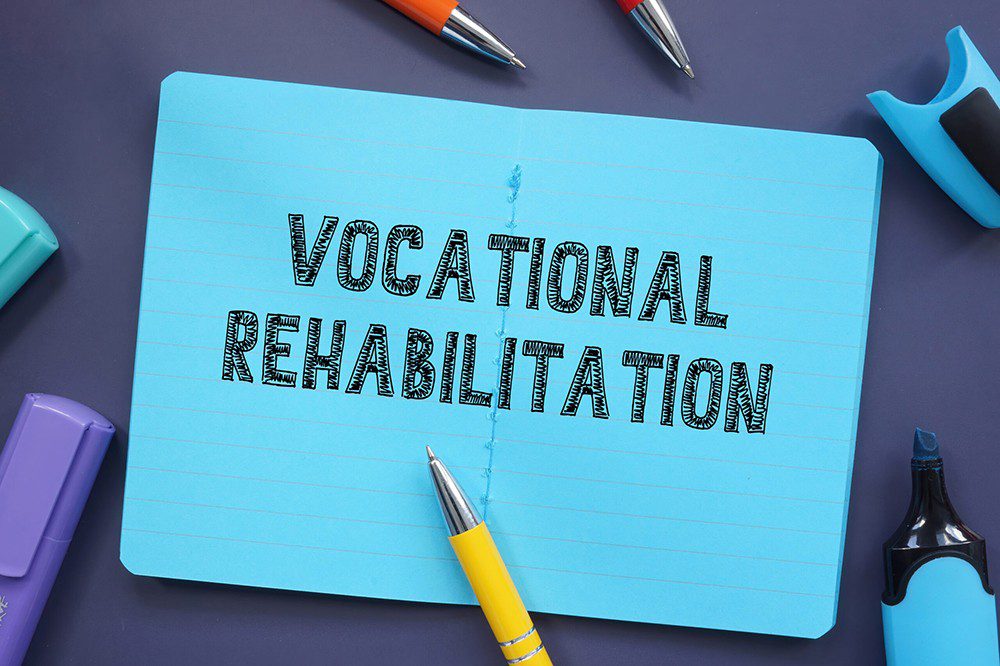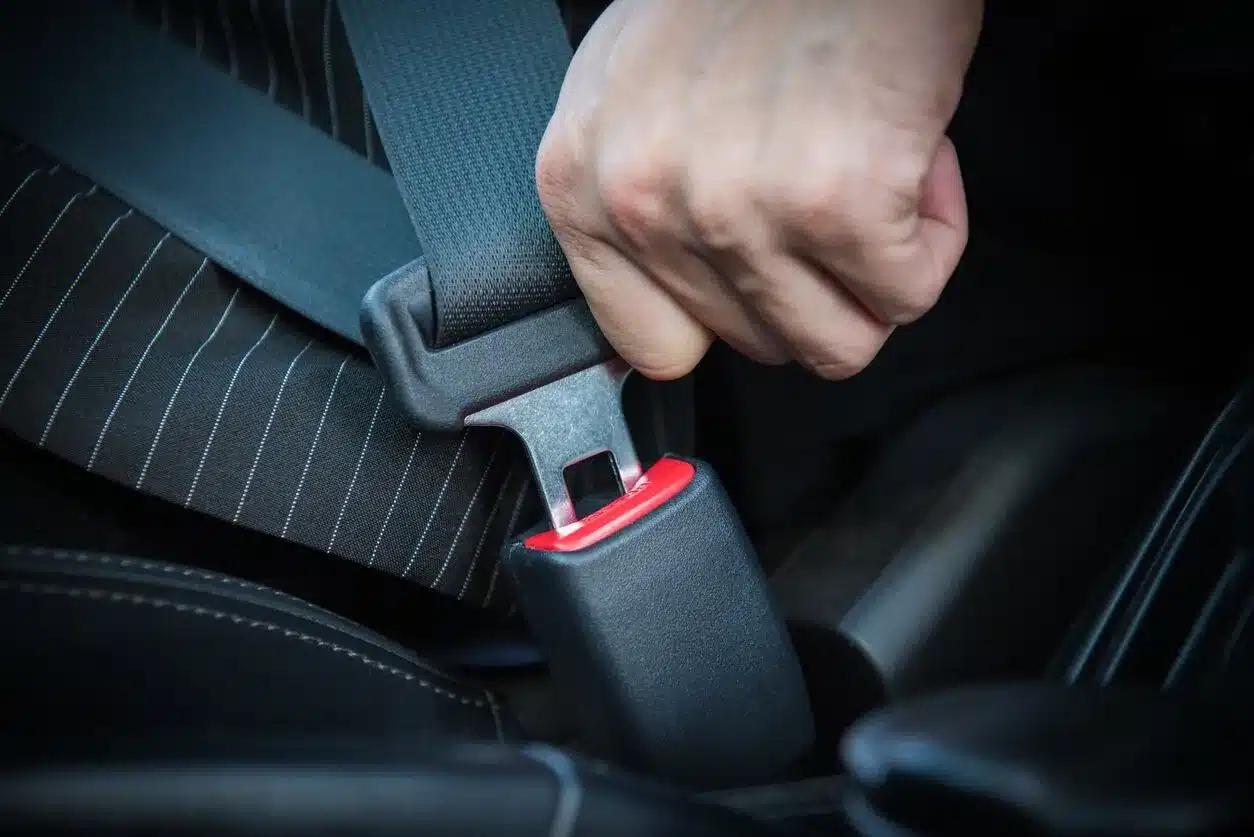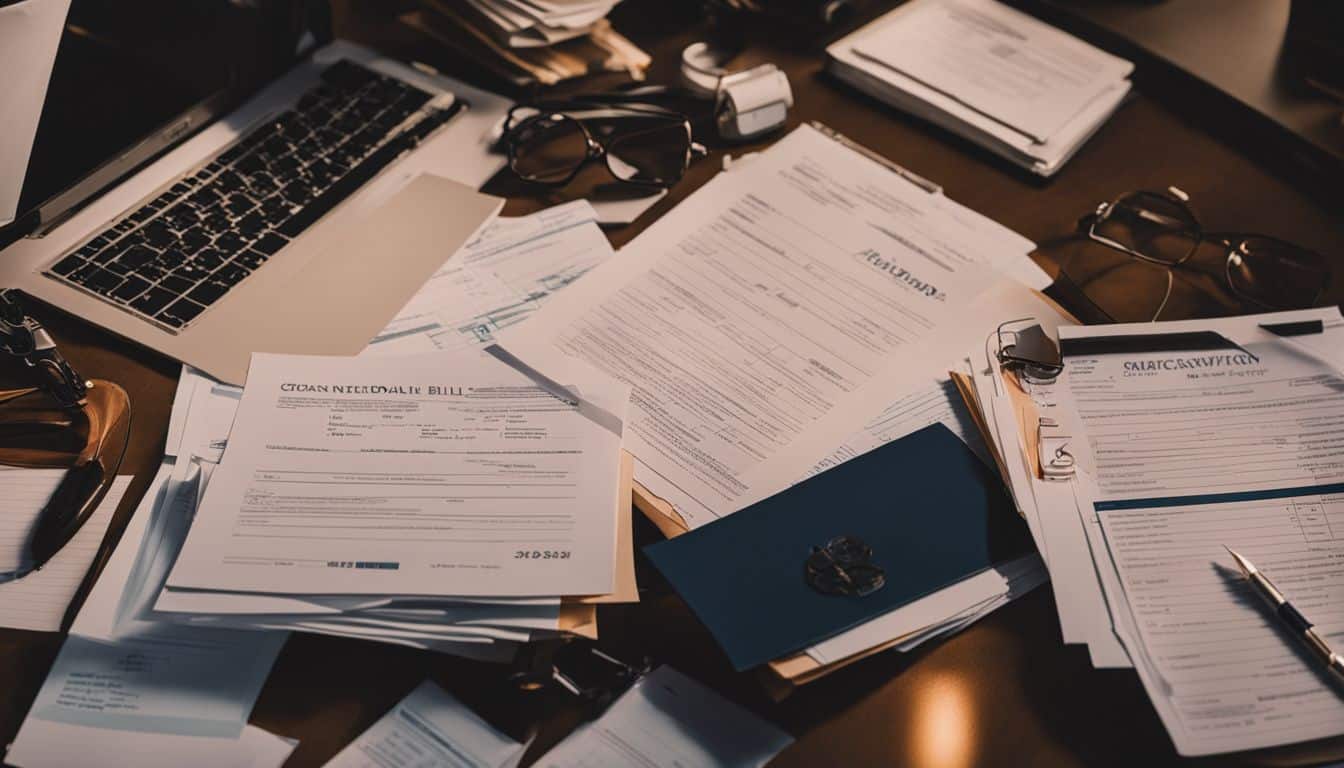
Vocational Rehabilitation
Vocational rehabilitation refers to services designed to help individuals with physical or mental impairments return to work or adjust to new types of employment after an injury or disability. These services include assessments, training, and support programs that enable individuals to regain skills, find suitable employment, or transition into new roles that accommodate their abilities. At 770GoodLaw, we work closely with clients to ensure they receive fair access to vocational rehabilitation services, especially when their injuries stem from accidents caused by another party’s negligence.
Purpose of Vocational Rehabilitation
Vocational rehabilitation aims to empower injured individuals to achieve maximum employment potential despite physical or mental limitations. These programs are vital for those recovering from serious injuries, as they provide resources and training tailored to each individual’s needs. In personal injury cases, vocational rehabilitation often plays a critical role in helping victims adapt to new challenges and rebuild their lives after an accident.
Key objectives of vocational rehabilitation include:
-
Enhancing Employability: Rehabilitation programs help individuals develop skills that improve their job prospects and adapt to new work environments.
-
Assisting with Career Transitions: For those unable to return to their previous jobs, vocational rehabilitation provides guidance and training for transitioning into alternative employment options.
-
Promoting Independence: Vocational rehabilitation focuses on enhancing individuals’ confidence and self-sufficiency, allowing them to achieve independence despite their injuries.
Types of Services in Vocational Rehabilitation
Vocational rehabilitation encompasses a range of services, each designed to support individuals in finding and maintaining suitable employment. Common services include:
- Career Counseling and Assessments: Vocational counselors assess each individual’s skills, interests, and limitations, helping them identify realistic job opportunities.
- Job Training Programs: These programs provide the necessary skills or certifications for alternative employment, focusing on positions that match the individual’s abilities.
- Workplace Modifications: Some individuals may need accommodations, such as modified equipment or flexible schedules, to perform job duties effectively.
- Job Placement Assistance: Counselors help match individuals with employers who understand their limitations and offer supportive work environments.
- Ongoing Support Services: Many programs offer follow-up support, including assistance with job retention, career development, and adjusting to workplace demands.
Vocational Rehabilitation in Personal Injury Cases
In personal injury cases, vocational rehabilitation is often essential for plaintiffs who are unable to return to their previous jobs due to injuries. Access to these services can significantly impact a plaintiff’s ability to recover damages for lost wages, diminished earning capacity, and future income potential.
For example:
-
Assessing Earning Potential: Vocational experts evaluate the injured person’s ability to earn in a new role, providing insights that can be used to calculate compensation for reduced earning capacity.
-
Supporting Claims for Damages: Documentation of vocational rehabilitation efforts can strengthen claims for damages by demonstrating the injured person’s efforts to return to work despite limitations.
-
Identifying Training and Support Needs: Rehabilitation assessments identify necessary skills and training, helping individuals pursue fair compensation for the costs of retraining and re-entering the workforce.
Legal Considerations and Vocational Rehabilitation Benefits
Vocational rehabilitation benefits may be provided through insurance coverage, workers’ compensation, or as part of a personal injury settlement. However, access to these services can vary, and securing adequate rehabilitation support sometimes requires legal advocacy.
Legal considerations include:
-
Insurance Coverage: Some insurance policies provide vocational rehabilitation benefits, but the extent of coverage may vary. Attorneys can help clients understand their rights and maximize available benefits.
-
Workers’ Compensation Claims: Injured workers may be entitled to vocational rehabilitation services as part of workers’ compensation, depending on state laws and employer obligations.
-
Personal Injury Settlements: When vocational rehabilitation is needed due to another party’s negligence, attorneys may pursue compensation for these services as part of the overall settlement or judgment.
How 770GoodLaw Supports Clients with Vocational Rehabilitation Needs
At 770GoodLaw, we understand the critical role vocational rehabilitation plays in helping clients regain independence and secure new employment after an injury. Our team works diligently to ensure clients receive fair access to rehabilitation services, advocating for coverage and support when needed. Our services include:
- Evaluating Rehabilitation Needs: We assess each client’s situation, consulting with vocational experts to determine the types of rehabilitation services that will best support their recovery and employment goals.
- Advocating for Coverage: Our attorneys negotiate with insurance providers and other responsible parties to secure coverage for vocational rehabilitation costs, ensuring clients receive necessary support.
- Pursuing Compensation for Rehabilitation Services: In personal injury claims, we include vocational rehabilitation costs in our calculations for damages, helping clients recover the full amount needed for their long-term recovery and career adjustments.
- Coordinating with Vocational Experts: We collaborate with vocational rehabilitation specialists who can provide assessments, training recommendations, and ongoing support to facilitate a successful return to work.
Importance of Legal Representation in Securing Vocational Rehabilitation
For individuals facing long-term or permanent injuries, vocational rehabilitation can be life-changing. However, obtaining these services and securing appropriate compensation can be complex. Legal representation ensures that clients’ rights are protected and that they receive the vocational support they need. At 770GoodLaw, we guide clients through every step of the process, fighting to secure the rehabilitation resources necessary for a positive and independent future.
Why Choose 770GoodLaw for Vocational Rehabilitation Claims
Our core values of Relentless Reliability and Sincetegrity drive us to provide compassionate, comprehensive representation for clients needing vocational rehabilitation. We work tirelessly to ensure that clients have access to all available resources, supporting their journey back to independence and meaningful employment.




